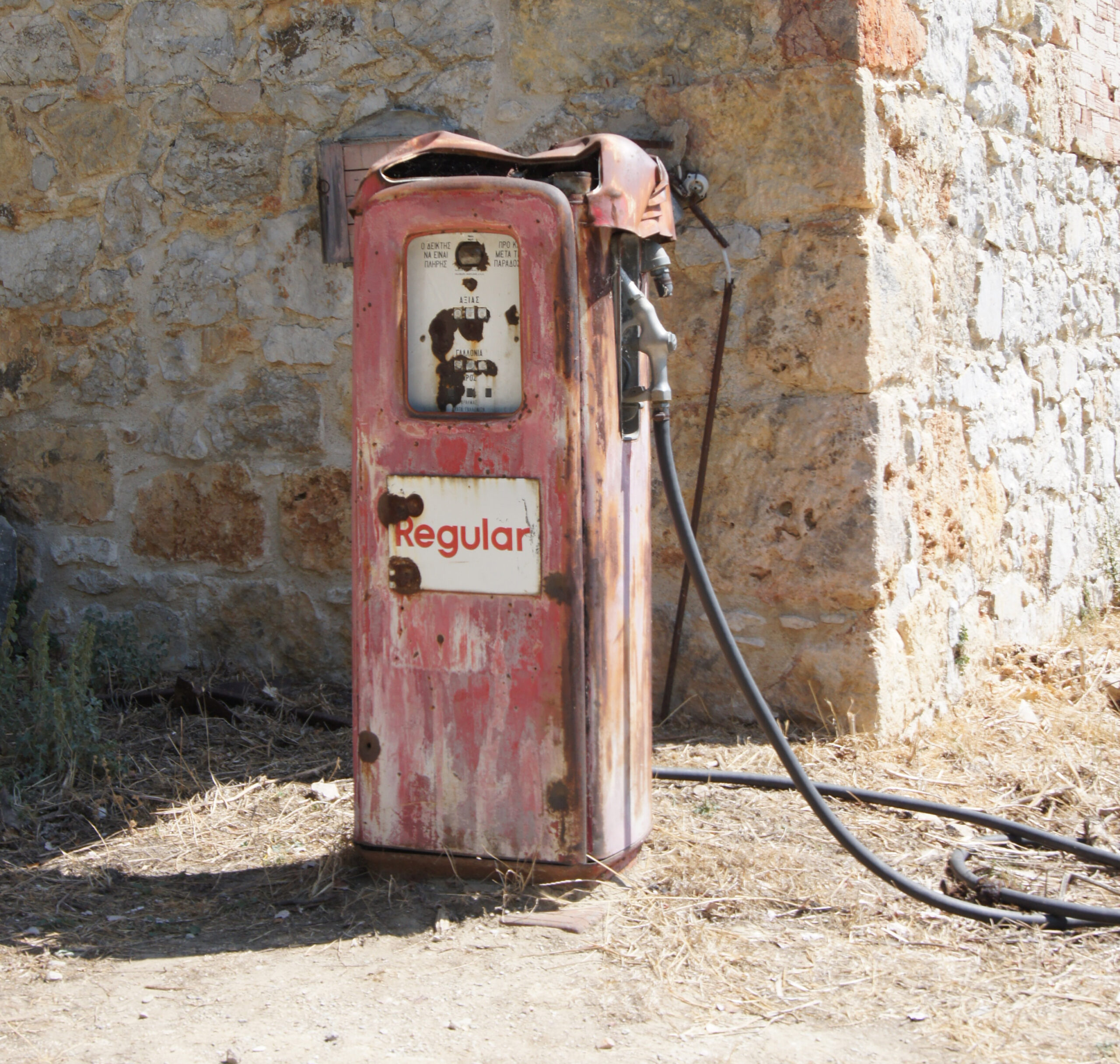In a blockchain network, transactions are processed and validated by nodes, which are computers that participate in the network. These nodes use their computing resources to verify transactions and add them to the blockchain.
To incentivize nodes to process transactions, the blockchain network requires users to pay a fee for each transaction they make. This fee is called a gas fee, and it is paid in the native cryptocurrency of the blockchain. For example, on the Ethereum blockchain, the gas fee is paid in Ether (ETH).
The gas fee is used to compensate the nodes for the computing resources they use to process the transaction. The amount of gas required for a transaction depends on the complexity of the transaction and the current demand for processing power on the network. If the network is congested and there are many transactions competing for processing, the gas fees may be higher.
In summary, gas fees are used to pay for the processing of transactions on a blockchain and to compensate nodes for the resources they use to validate and add transactions to the blockchain.

